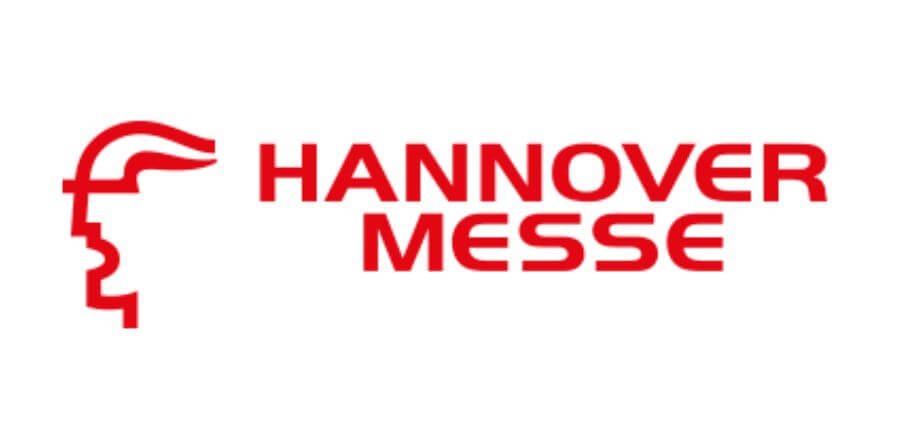Prime Highlights:
- B.C. tech companies shine at Hannover Messe 2025, the largest industrial and energy technology trade fair in the world.
- Partner nation Canada will showcase over 250 exhibitors and host technologies including artificial intelligence, robotics, clean energy, and more.
Key Facts:
- Hannover Messe 2025 is scheduled from March 31 to April 4 and has nearly 6,000 exhibitors and over 200,000 visitors from around the world.
- The biggest trade mission ever for BC is intended to expand trade links and be a technological leader.
Key Background:
Hannover Messe, established in 1947, is now the world’s largest industrial and energy technologies trade fair. It is held annually in Germany and as an international cooperation, global innovation-starting ideas center, and industry trendsetter. Its 2025 edition is no exception with Canada being its focal point when it hosts as the partner country of choice.
Canada’s visibility represents Canada’s growing global influence in international development fields such as artificial intelligence, robotics, quantum technologies, advanced materials, and clean energy. The country has over 250 exhibitors and 260 delegates and aims to expand its overseas business partnerships and export.
British Columbia (B.C.) is going big on its biggest-ever mission to the trade fair, with 22 businesses and universities. The mission will showcase clean technology innovation, energy transition, critical minerals, and digital development. The mission is part of the province’s wider economic plan to diversify trade and become a leading global player in solutions to the world’s challenges like climate change and green energy solutions.
British Columbia Minister of Jobs, Economic Development, and Innovation Diana Gibson highlighted that the delegation will be equipped with AI innovations, clean technologies, and climate adaptation projects. The initiatives are in a bid to attract foreign investment and partnerships that will be beneficial to B.C.’s economy.
British Columbia Minister of State and Trade Rick Glumas reinforced the need for global interaction by imagining B.C. as a hotbed of innovation with educated, trained human capital and a sense of sustainability.
Deputy Minister Fazil Mihlar will also be chairing a panel discussion on energy transition with the province’s robotics, automation, and hydrogen technology capability. This engagement not only positions B.C. as more technologically robust but as a global leader in the sustainable industrial technology strategy.








